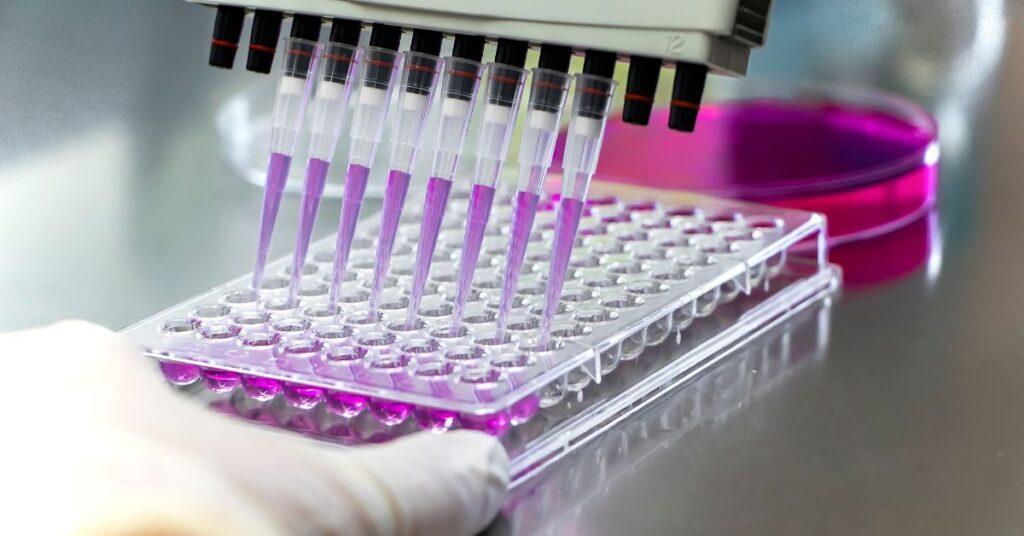Can Companies Fund Diagnostic Testing for Conditions Their Product Treats?
May 01, 2025Many FDA-regulated companies are exploring ways to support diagnostic testing, especially when early diagnosis can impact treatment options. However, funding diagnostic testing tied to a company’s own product raises important compliance considerations under the Anti-Kickback Statute and other healthcare laws.
The Office of Inspector General (OIG) recently issued two advisory opinions (AO 22-06 and AO 24-12) addressing pharmaceutical company-sponsored diagnostic testing programs. While these opinions relate specifically to pharmaceutical manufacturers, they offer useful insight into the OIG’s thinking and provide considerations that may also be relevant to medical device companies contemplating similar arrangements.
Although pharmaceutical companies have received recent OIG feedback on sponsored diagnostic testing programs, we have not yet seen similar advisory opinions addressing medical device arrangements. Device companies face unique challenges, as diagnostic pathways for device candidates are often part of standard clinical practice, and sponsoring testing could raise heightened Anti-Kickback risks if not carefully structured.
Below, we provide a high-level overview of the advisory opinions and outline practical factors companies should consider when evaluating potential collaborations with diagnostic companies. Each situation should be carefully assessed based on its specific facts and risks.
Summary of the OIG Advisory Opinions

AO 22-06 (September 2022):
- A pharmaceutical manufacturer proposed to sponsor genetic testing for patients suspected of having a rare disease.
- The genetic test could identify mutations associated with the disease, and one of the company's drugs could treat the condition.
- The program was limited to patients not covered by insurance for genetic testing.
- The OIG acknowledged some risk under the AKS, but ultimately declined to impose sanctions, citing multiple safeguards:
- The manufacturer did not receive test results directly.
- Providers retained discretion to prescribe the drug (or not).
- The test did not condition treatment decisions.
- The program targeted an underserved patient population.
AO 24-12 (April 2024):
- A pharmaceutical company proposed funding diagnostic testing to identify patients eligible for its rare disease drug, through partnerships with independent laboratories.
- Testing was available regardless of insurance status, but financial need screening was used.
- Like AO 22-06, the OIG found that the program presented a risk under the AKS but was unlikely to result in penalties because:
- Patients and providers had freedom of choice regarding treatment.
- The diagnostic labs remained independent.
- The manufacturer did not tie payment or support to product usage.
- The program served a legitimate unmet clinical need.
Practical Compliance Tips for FDA-Regulated Companies
While these advisory opinions addressed pharmaceutical-sponsored programs, many of the same risks and mitigation strategies could apply if a medical device company considers sponsoring diagnostic services for conditions their devices treat (e.g., in cardiac, orthopedic, or neurology fields).
Key compliance considerations include:
- Structure Around Clinical Need:
Focus on improving patient access to medically necessary testing, not promoting product use. Target unmet diagnostic gaps where appropriate. - Safeguard Provider Independence:
Ensure healthcare providers remain free to make independent treatment decisions without any pressure tied to diagnostic test results. - Limit Access to Test Results:
The sponsoring company should not receive patient-specific test results. If necessary, only de-identified, aggregate data should be collected, and clinical and commercial uses should be kept separate. - Avoid Insurance or Financial Steering:
Ensure that free testing offers are not tied to insurance status unless clear financial need criteria are used, and apply such criteria uniformly. - Monitor Financial Relationships:
Payments to diagnostic companies should reflect fair market value (FMV) for services rendered and must not vary based on the volume or value of referrals or sales. - Document the Business Rationale:
Maintain contemporaneous documentation explaining the legitimate clinical and business justification for the program. Periodic compliance auditing is recommended.
Key Takeaways
While the OIG has indicated that certain diagnostic testing support programs may be permissible when structured with strong safeguards, each arrangement must be evaluated on a case-by-case basis.
Medical device companies should proceed cautiously, as no advisory opinions to date have specifically approved device-related diagnostic sponsorships. Nevertheless, many of the principles reflected in the recent pharmaceutical opinions can be adapted to help assess and manage risk in device settings.
Contact Gardner Law
If your company is considering working with a diagnostic company, whether through funding testing, co-marketing, or other collaborations, contact Gardner Law to discuss the regulatory risks and strategies to structure compliant programs.